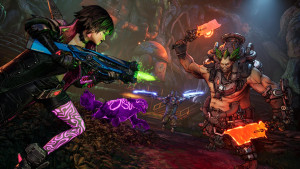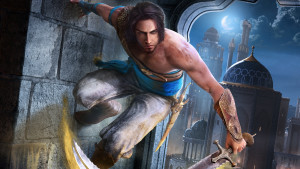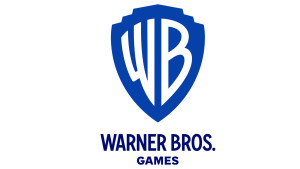The magazine is back. Get your subscription now!
Opinion: The Industry's Dead And Dying Publishers

The future of the gaming industry is exciting, with a new generation of consoles in our homes and the promise of new experiences on the horizon. However, as fun as it is to look forward, I can’t help but feel a little sad when I look back. The video game landscape is always changing; in its current shape, many of the big names that helped shape the industry are greatly diminished – and others are missing entirely.
If you’ve been playing gaming for a long time, you can’t help but notice the negative space at big events like E3 and the Tokyo Game Show. The spectacle of the major publishers’ booths is tempered by the reduced presence (or conspicuous absence) of many companies that were once synonymous with the world of video games. It’s like an elephant graveyard is hidden behind all of the lights and thumping music on the show floor.
The change happened slowly. Acclaim is the first big one I remember, but given the quality of its games, no one was too broken up about it. However, over the years, we’ve also seen the complete dissolution of Midway, THQ, and (effectively) Atari. That’s just on the publishing side of things; I’m not even counting the numerous prominent development studios – most recently Neversoft and Irrational Games – that are closed or closing.
Other publishers, though still operational, are shambling forward in a state of living death. The most high-profile example is Nintendo, which produces fantastic first-party software, but continues to stumble when it comes to making the Wii U a must-own device. The problems didn’t start with the most recent hardware, though. Ever since the GameCube’s debut, I have felt like Nintendo has been out of touch with the audience that grew up playing its games. Wii was an unprecedented commercial success thanks to Nintendo’s willingness to cast traditional gamers aside in favor of the rising casual market. That strategy definitely made money in the short term, but at the expense of long-term relevance.
Konami has also been struggling, with at 50 percent slide in profits despite the release of Metal Gear Solid V: Ground Zeroes. The disappointment surrounding Castlevania: Lords of Shadow 2 makes that series’ future prospects grim. With Silent Hill on ice and Metal Gear Solid V: The Phantom Pain with no concrete release timeframe, the only tangible thing to look forward to from Konami is Pro Evolution Soccer. That’s not exactly an encouraging portfolio.
Lastly, one of my personal favorites: Square Enix. There was a time when the company published multiple RPGs each year, when the Final Fantasy name wasn’t slapped on a bunch of periphery titles, and when we didn’t have to wait years between a game’s announcement and its release. Now, the former RPG giant seems to be struggling to find an identity in the industry. Joining forces with Eidos was a great move for the company’s health; with its recent financial report, things definitely seem to looking up for Square Enix. However, what the company is remains a bit hard to define, even though it used to be crystal clear. Square Enix was a name that I – and many other RPG fans – used to trust implicitly.
Of course, that’s all part of the business. As some companies shrink or disappear, their peers (like Ubisoft and Activision) continue to grow. Change is inevitable, and the market ultimately decides whether a publisher’s moves are successful. With the right strategy, Nintendo, Konami, and Square Enix can still emerge from their funks. That’s what I want to happen – but we have to accept that the names we know and love in gaming aren’t indelible. Today’s power player could be tomorrow’s empty booth at E3, but that doesn’t diminish their contributions to the industry over many years.









